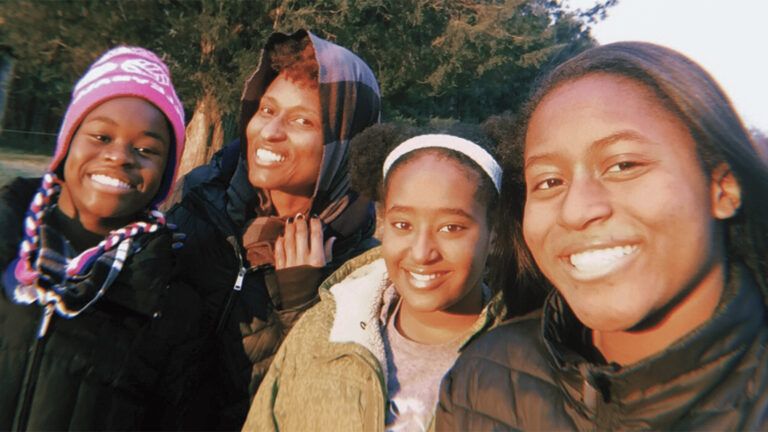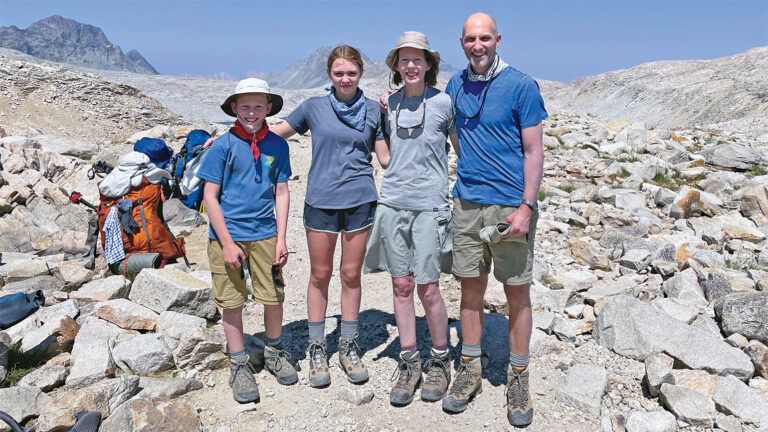One of my kids recently told another adult an elaborate lie. It was a lie born in an instant, in the hope of avoiding the natural consequences of following through on a commitment. I only found out about it because the other adult looped me into her response, so I would know how she was addressing what she (erroneously) believed was the problem.
I reminded myself before I headed in to talk to my teen that we are all a work in progress. Kids lie. One of the roles of parents is to teach them that truth is a better path.
I steeled myself for the confrontation, trying hard to speak simply, without anger. I was quite angry, but my feelings took a back seat because I needed my kid to respond to my words instead of my feelings.
The gist of my words was that the teen would need to correct the lie and own up to the true situation. That didn’t fly. “Trust is only broken if the other person knows about it!” my teen snarled.
It took superhuman effort to walk away; this was not a belief I had taught my children.
Day one ended in a standoff: my teen refused to apologize, and I refused to be complicit in a lie. Sending up a quick prayer to the Holy Spirit to give me the words I needed to say, I made it clear my child’s choice was how the truth would be revealed, not whether it would come out or not. We were not going to hide in lies.
Day two dawned, and my teen headed pseudo-cheerfully off to school. I grieved and prayed the Lord would reveal to her a way out. This particular kid goes into a shame spiral when called out, and we’ve had self-harm and even a suicide attempt in the past in similar situations. It’s truly hard to stand firm when the possibility of danger exists. But that is exactly when we need to stand firm in what is right and true.
Around 4 p.m. I received a text at work from my teen, who said, “I want to apologize but don’t know how.”
Hallelujah! Through the safe distance of texting, where there is a merciful pause built in so I could pray before hitting send, I coached my kid. The tutorial went well. I even got a thank-you for helping. This was both mindboggling and encouraging.
“I’m very proud of you for doing the right thing,” I texted, once the email had been sent (and I’d been copied, to ensure honesty), “It’s hard sometimes to take the better path. But being honest is, in the long run much easier. Humility is way easier than shame.”
‘It is,” my teen replied, “But I don’t know humility well. I am learning.”
Thank you, Lord.






